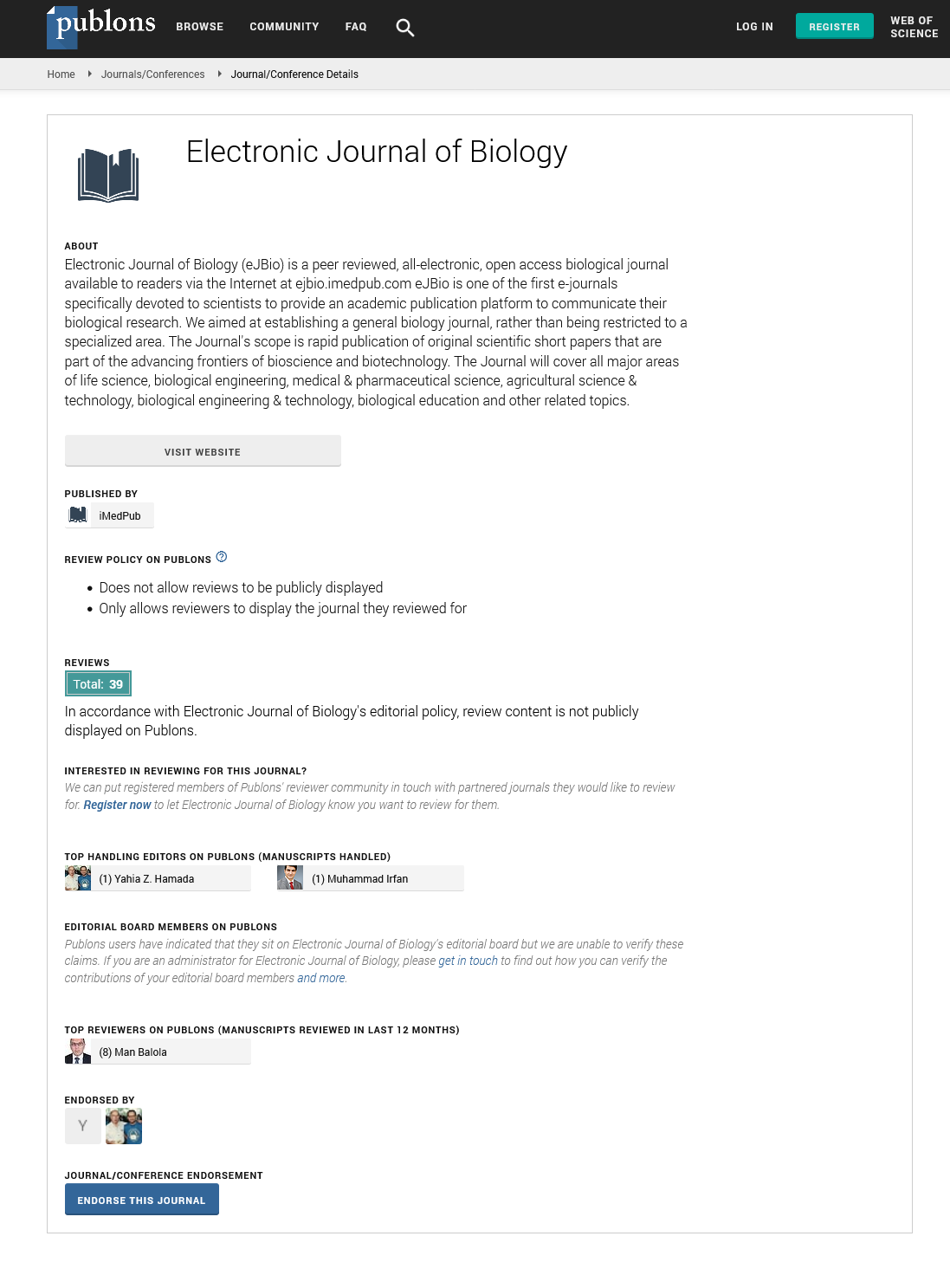Abstract
Role of Amphibians to Ecosystem Services: A Review
Amphibians play pivotal role in ecosystem services and are very beneficial for human beings. These services of amphibians include provisioning, regulating, cultural, as well the supporting services. Amphibians provide provisioning services by acting as a food source for some human societies, as in north east India and some parts of world also. They also serve as model organisms in medical research and important for pharmaceuticals such as production of analgesics and anti-viral drugs derived from their skin secretions. Amphibians contribution to regulating services by reducing mosquito and controlling other pest species directly through predation indirectly through predation of insect pollinators. Ecosystems also provide cultural services to human societies that increase the quality of human life through recreation, religion, spirituality, and aesthetics. Because of abundant, diverse and lovely creature amphibians also play very prominent roles in the culture of human societies such as mythology, literature and art.
Amphibians have great contribution to ecosystem services. Supporting services have structural (e.g., Habitat) and functional (e.g., Ecosystem functions and processes) components. Amphibians can affect both ecosystem structure through soil burrowing and aquatic bioturbation and ecosystem functions such as decomposition and nutrient cycling through waste excretion and indirectly through predatory changes in the food web. They also contribute for control of primary production in aquatic ecosystems through direct consumption and nutrient cycling. Unfortunately, amphibians are facing major declines and humans may losing associated ecosystem services. It is important to understand how declines affect ecosystem services for human societies, but these declines may also act as natural experiments to understand the role of amphibians in ecosystems. In present study we have conducted a comprehensive literature review to investigate the importance of amphibians, including medical applications such as tissue regeneration, biomimicry of pharmaceutically useful compounds, direct socio-economic benefits, and overall ecosystem values. It is our intention to promote amphibian conservation by detailing various ecosystem services provided by amphibians and their uses to human beings.
Author(s):
Abstract | Full-Text | PDF
Share this

Google scholar citation report
Citations : 5001
Electronic Journal of Biology received 5001 citations as per google scholar report
Electronic Journal of Biology peer review process verified at publons
Abstracted/Indexed in
- Google Scholar
- China National Knowledge Infrastructure (CNKI)
- CiteFactor
- Electronic Journals Library
- Zoological Records
- WorldCat
- Proquest Summons
- Publons
- MIAR
- Openaccessarticles.com
- Secret Search Engine Labs
Open Access Journals
- Aquaculture & Veterinary Science
- Chemistry & Chemical Sciences
- Clinical Sciences
- Engineering
- General Science
- Genetics & Molecular Biology
- Health Care & Nursing
- Immunology & Microbiology
- Materials Science
- Mathematics & Physics
- Medical Sciences
- Neurology & Psychiatry
- Oncology & Cancer Science
- Pharmaceutical Sciences


